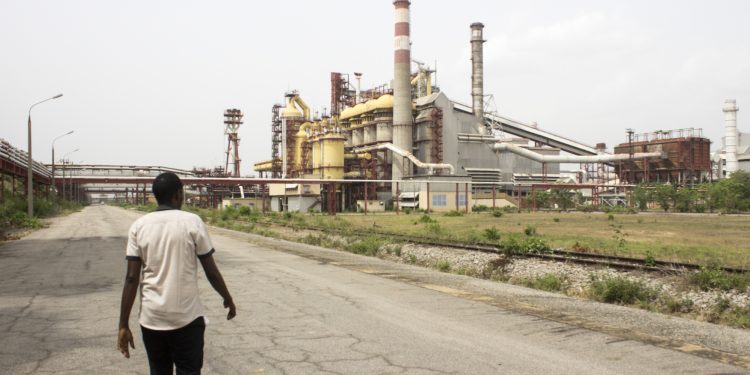Nigeria has settled a $5.3 billion claim made by two Indian companies over the ownership and control of Ajaokuta Steel Company and other steel plants.
Nigeria’s Attorney-General and Justice Minister, Abubakar Malami said the settlement ‘rescued’ the country with about 91 percent reduction of the mediation claim from $5.258 billion to $496 million, which takes effect on 19 August 2022.
BASIC FACTS
- Nigeria Government has paid two Indian firms a combined sum of $496m in claims, when the county could have gotten $26 million in compensation instead.
- The payment is a fallout of contract revocation, but the sum would have been up to $5.3billion
- The Attorney General of the Federation and the Minister of justice confirmed this to the media.
WHAT WE KNOW
The Minister of Justice and Attorney General of the Federation, Abubakar Malami, has said the government settled two Indian firms a $5.3 billion claim over Ajaokuta and other steel plants in the country.
The settlement without arbitration saved the country 91% reduction of the mediation claim thus bringing the sum to $496 million Malami said.
The Indian companies – Global Steel Holdings and Global Infrastructure Steel with headquarters in the United Arab Emirates (UAE) had an agreement with the Nigerian government in 2004 during President Olusegun Obasanjo administration for five major concessions and share purchase of Nigeria’s steel industry.
According to Malami, Nigeria and the companies had a fallout, leading to the revocation of the contracts in 2008 after the former accused the firm of asset stripping.
Malami said the termination of the contracts in 2008 was contrary to legal advice supplied by the federal ministry of justice, which highlighted the termination cost in the form of damages.
The Attorney-General explained that had the previous government not terminated the Ajaokuta share purchase agreement on April 1, 2008, and waited for 55 days, it would have terminated lawfully and the government would have collected more than $26 million from Global Steel as a settlement.
Malami added that the failure of the foreign firm to pay would have given Nigeria a right to over $26 million as liquidated damages, under clause 12 of the Ajaokuta share purchase agreement.
He said the Buhari government took decisive steps to ‘resist’ the claim, rather than pass it on to successive governments.
NOTABLE QUOTE
Malami noted that, “In 2016, the current government approved the execution of the modified concession agreement with Global Steel, which allowed the companies to retain the Nigerian Iron Ore Mining Company (NIOMCO) in Itakpe, Kogi State, North central Nigeria.
“The completion of the steel plants was meant to reduce Nigeria’s dependence on oil and produce as much as five million tons of steel in a year by government projection but yet to produce any steel since it was built by Tyazhpromexport, a Russian company.
“President Muhammadu Buhari made the completion of Ajaokuta Steel, for which construction started in 1979, a top priority when he came to power in 2015.
“However, the government reneged on the agreements, leading to a legal battle involving both parties at the International Chamber of Commerce, International Court of Arbitration, Paris.
COMMENTARY
The Ajaokuta steel project have long become a white elephant in Nigeria. Billions have been sunk into the project with nothing to show for it.
Recall that the project was conceived as far back as 1979 and have transcended various government both military and civilian.
At the inception of the 4th republic, the Obasanjo’s government made effort to revive the project, but the effort ended as the previous one leaving nothing to show for the huge resources wasted in it.
A functional steel industry in Nigeria, apart from saving foreign exchange used for importation of the product, could be a panacea to industrial revolution in Nigeria.
Think about the fact that there is hardly any aspect of our domestic and commercial life that does not involve steel to some extent.
Our buildings, utensils, cars, roads, machineries etc, all have steel in it. Think of how much would come in as foreign exchange from the export of steel, especially at a time as this, when Ukraine a major steel export nation is at war.












